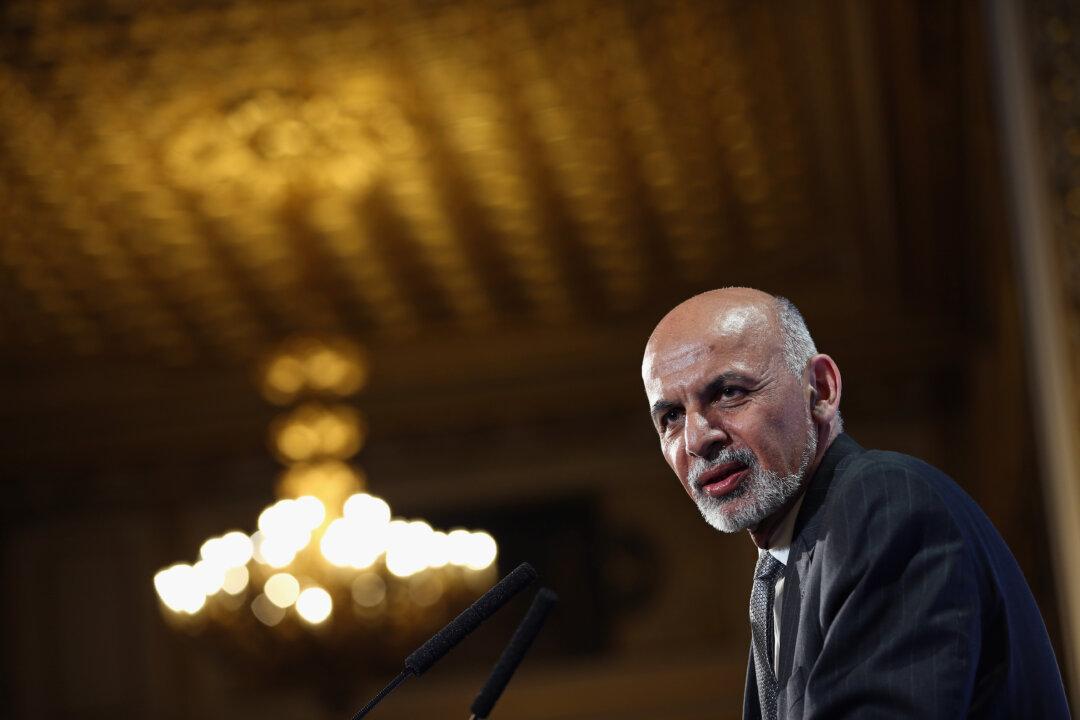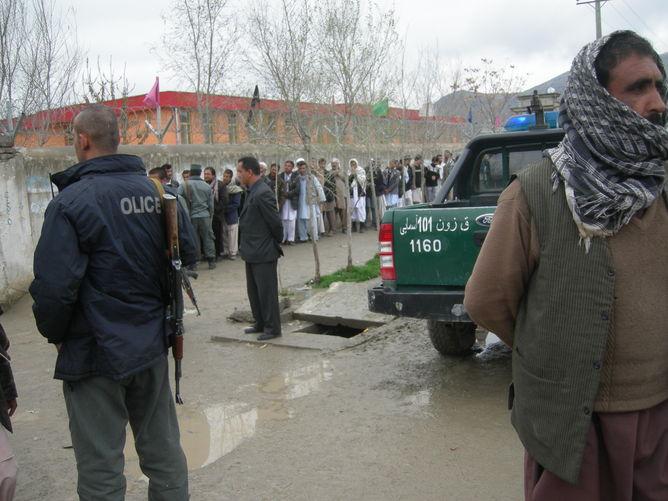Afghan President Ashraf Ghani recently made a very blunt statement that has left the public shocked. In an interview with the BBC, he said he has no sympathy for the tens of thousands of Afghans fleeing their country.
Complaining that his government has spent “hundreds of millions of dollars [on people] who want to leave under the slightest pressure,” Ghani said Afghans who flee are breaking the social contract. They are impoverishing their families and abandoning their country when it needs them most. In his view, they are making a voluntary choice to leave rather than staying to rebuild.
This, in spite of acknowledging that 2015 had been an extremely challenging year—that the Taliban was stronger than ever and that Daesh (Islamic State) and al-Qaida remain a threat.
Young Afghans have responded with outrage on Facebook. They have accused Ghani of hypocrisy. This, after all, is a man who spent more than two decades outside his country—studying and working in the United States in particular—and whose children continue to live abroad.
Equally, they are calling on him to give them a reason to stay.
It’s an understandable reaction, given the shocking deterioration in security in Afghanistan and the consequent contraction of the economy, which has led to massive unemployment.



